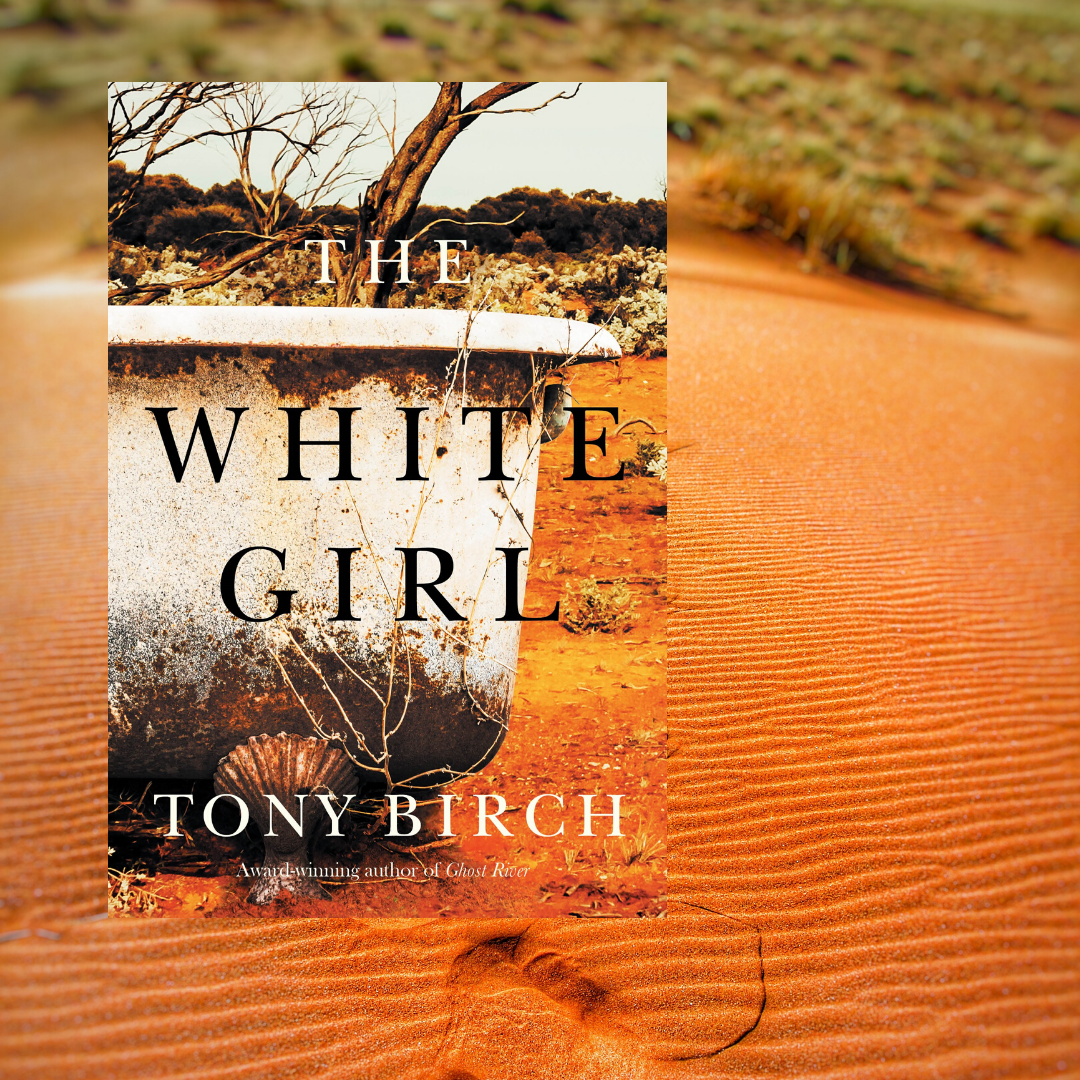The Book Groups team have been very busy reading a great selection of books this year. Here are just some of the books we’ve enjoyed.
This is a beautiful contemplative read: four older women who have enjoyed a lifelong friendship find themselves floundering when Sylvie dies. The remaining three meet at Sylvie’s old beach house over Christmas to work out what’s left after a vital part of their group identity is gone.
This novel is sharply observed, funny and tender. It explores relationships, grief, memory, growing old and growing up. We found the characters to be complex, relatable and engaging, the language beautiful and precise and the story as a whole, very touching.
Similar in tone to Wood’s earlier work, The Weekend is a must-read for book clubs who love to explore the complexities of relationships, memory and grief.
Tony Birch is a popular name on our booklist, and his latest, The White Girl, proves why he is such an enduring author for all our book clubs.
Here Birch tackles national Indigenous themes: stolen generations, dispossession, colonial oppression, resistance. Birch brings his gift for beautiful and profound language working in harmony with the cruel and often unsettling nature of his themes. The White Girl celebrates strong women, and provides emotional insight and empathy towards Australian people on the margins.
We found this to be an emotional novel, easy to read despite the breadth of its themes, and a very personal, intimate take on a story that should be told on a national level.
The Porpoise by Mark Haddon
The Porpoise would have to be one of our favourite books of the year.
Based on the mythology of Apollonius, later adapted as Pericles by Shakespeare, The Porpoise is a contemporary twist on this most timeless of tales, although a plot device sees us spend time in ancient Greece as well.
This is a rip-roaring adventure of epic proportions. It is also a cautionary tale of some substance and Haddon’s telling of it is bloody, beautiful and joyous. This book soars, sails and burns. It sweeps you up. It spits you out. It hustles you into the next adventure of derring-do, and the world it takes place in is vivid. It is a powerful, moving story of feminist resistance.
Spellbinding stuff with so much to enjoy and discuss. A must-read for book clubs!
 The Godmother by Hannelore Cayre
The Godmother by Hannelore Cayre
This little novel won France’s most prestigious award for crime fiction. It’s a compelling noir read with a lead character you’ll find yourself rooting for, hoping she comes out of everything unscathed.
The widow Patience Portefeux is an underpaid Franco-Arab interpreter who becomes known as ‘the Godmother’ once she interprets some wiretaps ahead of all other authorities. She makes a life-changing decision to intervene in and infiltrate the machinations of a massive drug deal. Then, she sets up shop.
The book shares a slightly off-kilter, sly sense of humour with its main character. There is a piercing dark humour to Portefeux’s observations. Author Hannelore Cayre is a practicing criminal lawyer, which lends the narrative fascinating details and insights into the European criminal underworld.
Book clubs will enjoy discussing themes of moral ambiguity, the hypocrisies of the criminal system, generational inheritance, family values, portrayal of different cultures, and the complex,
idiosyncratic character that is Patience.
Book club fans of gripping historical thrillers and the supernatural, we have one for you!
The Hunger by Alma Katsu is a fictionalised account of the real-life ill-fated Donner pioneer party, who tried to cross the Sierra Nevada mountains and surrounding areas, only to become stranded. But if hunger, weariness and a constant battle against the elements aren’t enough, there is something supernatural determined to pick them off one by one.
This story is fascinating because it is based on true events and real people. It is much more than a straightforward thriller or horror book, providing nuanced and complex characters and a thoroughly informed historical account of under-prepared settlers trying to make it to California in the mid-1800s. Katsu raises questions about human nature and what we are prepared to do.
We found The Hunger addictive, disturbing, atmospheric, vivid and mysterious. There is a restless quality to the writing that drives you on. We recommend the book for book clubs who love historical fiction and intelligent supernatural thrillers.





